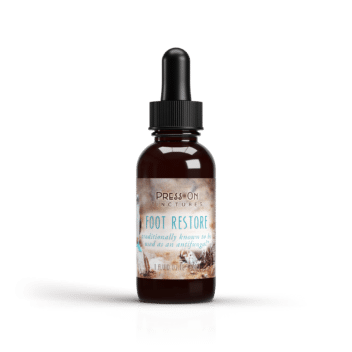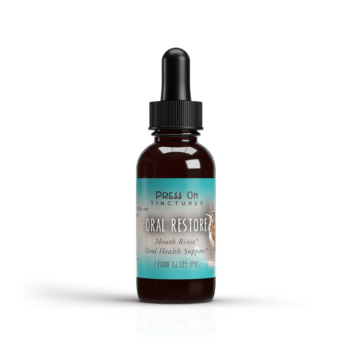Tea Tree Essential Oil in Herbal Medicine
Tea tree essential oil, derived from the leaves of the Melaleuca alternifolia plant, has been a staple in herbal medicine for centuries. Known for its potent antiseptic properties and ability to treat wounds, tea tree oil is a versatile remedy that addresses a variety of health concerns. This article explores the benefits of tea tree essential oil, its role in treating acne, and how it can be effectively incorporated into your herbal medicine practices.
What is Tea Tree Essential Oil?
Tea tree essential oil is extracted through a process of steam distillation from the leaves of the tea tree, which is native to Australia. It is renowned for its fresh, camphor-like scent and its array of medicinal properties. Traditionally used by the indigenous Bundjalung people of Australia, tea tree oil has found its way into modern herbal practices around the world.
The Chemical Composition of Tea Tree Oil
Tea tree oil contains over 100 different components, but its main active ingredients include terpinen-4-ol, gamma-terpinene, and alpha-terpinene. These compounds contribute to its antimicrobial and anti-inflammatory effects, making it a powerful tool in herbal medicine.
Benefits of Tea Tree Essential Oil
Tea tree essential oil offers numerous health benefits, thanks to its natural antiseptic and anti-inflammatory properties. Here are some of the most common uses:
Acne Treatment
One of the most popular applications of tea tree oil is in acne treatment. It acts as a natural alternative to harsh chemical treatments, reducing inflammation and bacteria on the skin. Studies have shown that tea tree oil can be as effective as benzoyl peroxide in reducing acne lesions.
To use tea tree oil for acne, dilute it with a carrier oil such as jojoba or coconut oil, and apply it directly to the affected area using a cotton swab. This method helps reduce redness and prevent future breakouts without causing the dryness often associated with traditional acne treatments.
Antimicrobial Properties
Tea tree oil’s antimicrobial properties make it an excellent remedy for infections and minor cuts. When applied to the skin, it can help prevent infection and speed up the healing process. It’s also effective against certain fungi and viruses, making it a versatile addition to your medicine cabinet.
To treat minor wounds, clean the area thoroughly and apply a diluted mixture of tea tree oil and a carrier oil. Cover with a bandage to keep the area clean and protected.
Anti-inflammatory Effects
The anti-inflammatory properties of tea tree oil can help soothe and reduce irritation and swelling. This makes it a suitable treatment for conditions like eczema and psoriasis. Applying a diluted mixture to the affected area can alleviate symptoms and improve skin health.
How to Use Tea Tree Essential Oil Safely
While tea tree oil offers many benefits, it is important to use it safely to avoid adverse reactions. Here are some guidelines to keep in mind:
Dilution and Patch Testing
Tea tree oil is highly concentrated and should always be diluted before applying to the skin. A common dilution ratio is one part tea tree oil to nine parts carrier oil. Before applying it widely, perform a patch test on a small area of skin to check for any allergic reactions.
Avoid Ingestion
Tea tree oil should never be ingested, as it can be toxic when consumed internally. Always use it externally and keep it out of reach of children and pets.
Storage
Store tea tree oil in a cool, dark place to maintain its potency. Exposure to light and air can degrade its effectiveness over time.
Incorporating Tea Tree Essential Oil into Your Herbal Medicine Routine
Integrating tea tree oil into your herbal medicine practice can be both effective and simple. Here are some ideas for its use:
In Skincare
Incorporate tea tree oil into your skincare routine by adding a few drops to your favorite facial cleanser or moisturizer. This can help keep your skin clear and blemish-free. For a refreshing facial mist, mix tea tree oil with water and a few drops of witch hazel in a spray bottle.
In Hair Care
Tea tree oil can also benefit your hair and scalp. Add a few drops to your shampoo to help combat dandruff and promote a healthy scalp. Its antifungal properties can help reduce flakiness and irritation.
In Home Cleaning
Due to its antimicrobial properties, tea tree oil is a great addition to homemade cleaning solutions. Combine it with water, vinegar, and lemon essential oil for a natural, effective cleaner that can be used throughout your home.
Conclusion
Tea tree essential oil is a powerful and versatile component of herbal medicine. Its benefits range from acne treatment to its antimicrobial and anti-inflammatory properties, making it a valuable addition to any natural health routine. By using tea tree oil safely and effectively, you can harness its full potential and enjoy its numerous health benefits. Always remember to dilute it properly and conduct a patch test before use to ensure a safe and beneficial experience.
Embrace the natural healing power of tea tree essential oil and see how it can enhance your herbal medicine practices today



